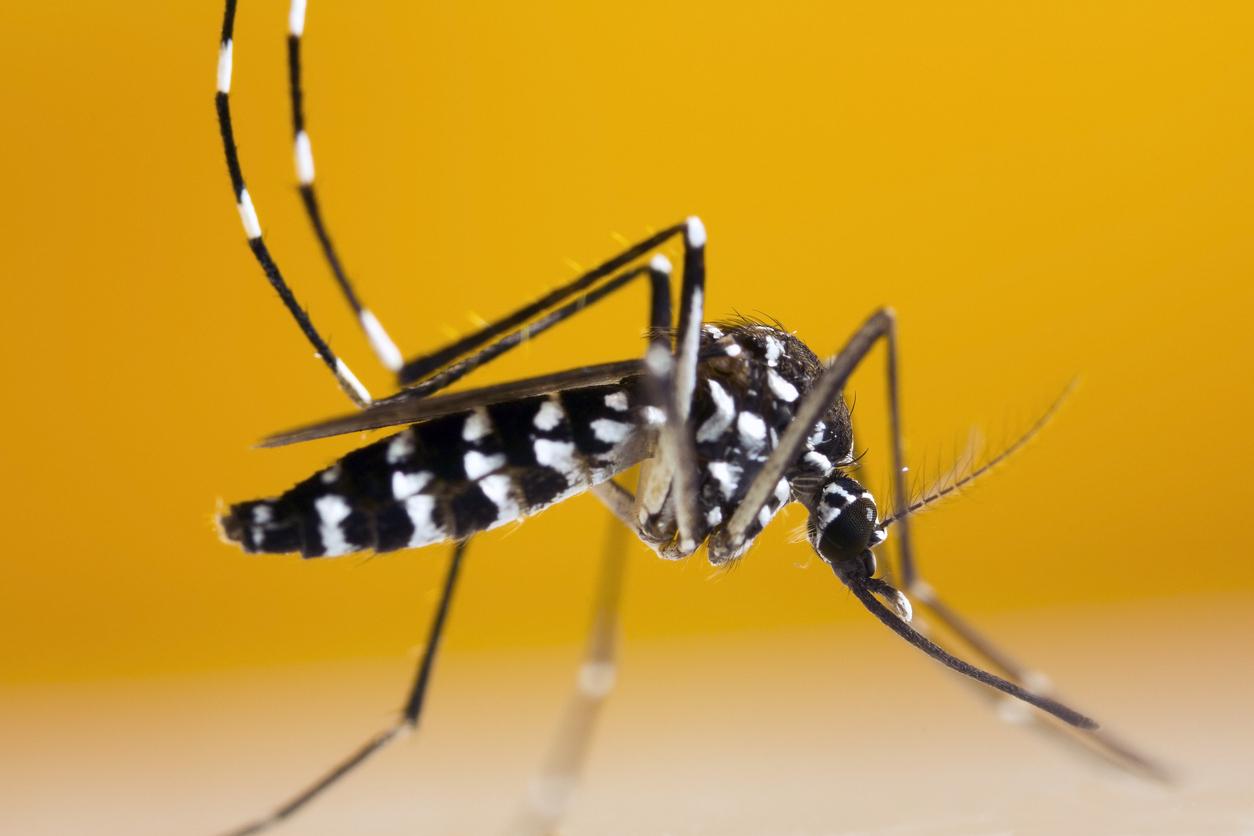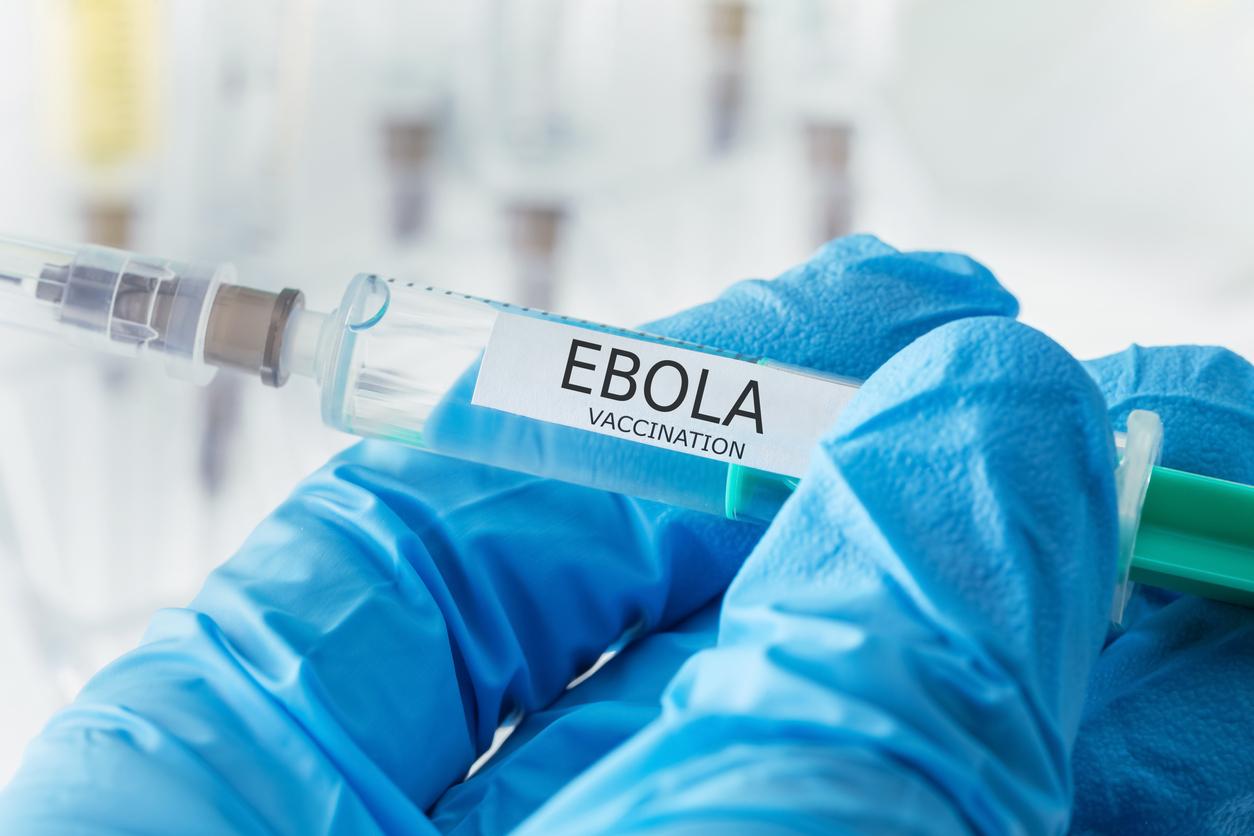While the Ebola haemorrhagic fever epidemic has killed more than 11,300 people since the end of 2013, the number of new cases is finally falling sharply. During the week of July 20-26, 2015, the World Health Organization (WHO) reports only seven new cases in the three most affected countries of Guinea, Liberia and Sierra Leone. This is the lowest number of new cases in a week for more than a year.
But for all that, it would be inappropriate to let our guard down, alarms Joanne Liu, the international president of the non-governmental organization (NGO) Doctors Without Borders (MSF). According to her, the Ebola epidemic in West Africa is “far from being under control”. The international community must “redouble its efforts” if it does not want to see a rebound in the epidemic. “Today, all the ingredients that enabled last year’s disaster are still there: the rainy season, an uncoordinated response, fear and mistrust,” stresses Joanne Liu. Because if this last week is very encouraging, 20 to 27 cases per week have been confirmed in Guinea and in Sierra Leone between mid-June and mid-July. the Liberia, who thought he was definitely free of Ebola, reported six new cases at the end of June. For the president of MSF, UN agencies, foreign teams and NGOs must therefore not leave West Africa and must redouble their efforts to completely eradicate the epidemic. Because in addition to the patients to be isolated and to try to treat, it is the people who came into contact with the victims who must be located at all costs to avoid new infections.
The Ebola epidemic which has affected West Africa since December 2013 is the most serious since the identification of the Ebola virus in 1976. In total, it has caused at least 11,279 deaths for 27,748 people affected, a assessment which could even be underestimated according to the WHO. More than 99% of the victims are concentrated in Guinea, Sierra Leone and Liberia.
Read also :
Infographic: everything you need to know about the Ebola virus
Ebola: time to take stock, one year later

















